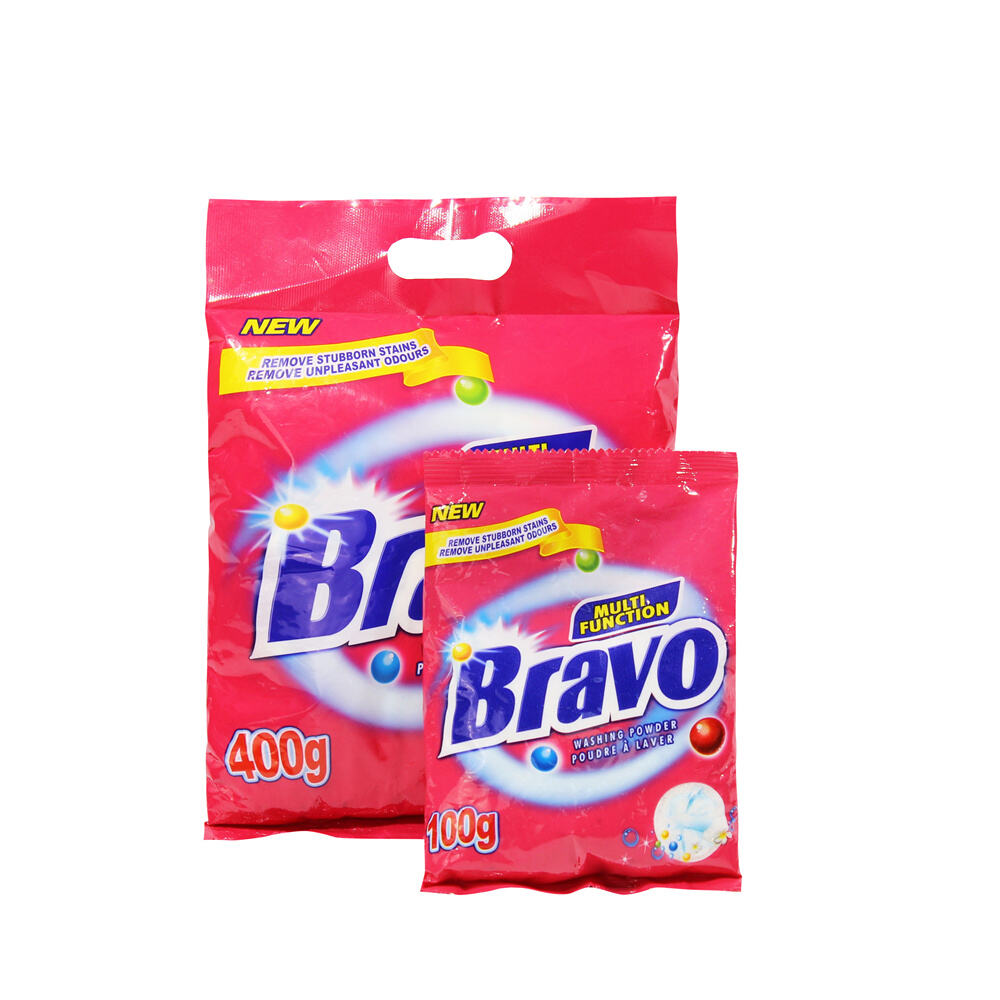Biodegradable detergent is formulated with ingredients that can be broken down by natural biological processes, primarily by microorganisms in the environment, into harmless substances such as water, carbon dioxide, and biomass. This reduces the potential for long-term environmental pollution compared to traditional detergents with non-biodegradable components. The surfactants in biodegradable detergents are typically derived from plant-based sources, such as coconut, palm, or corn, and are designed to degrade rapidly in soil and water. The formula is free of synthetic polymers, petroleum-based chemicals, and other non-biodegradable additives that can persist in ecosystems. Biodegradable detergents often also exclude harmful substances like phosphorus and fluorescent agents to further minimize environmental harm. They may carry certifications from organizations that verify their biodegradability, such as the OECD 301 series of tests for ready biodegradability. By using biodegradable detergent, consumers can ensure that the wastewater from cleaning does not contribute to water pollution or harm aquatic life, making it a responsible choice for both household and commercial use in maintaining environmental sustainability.
